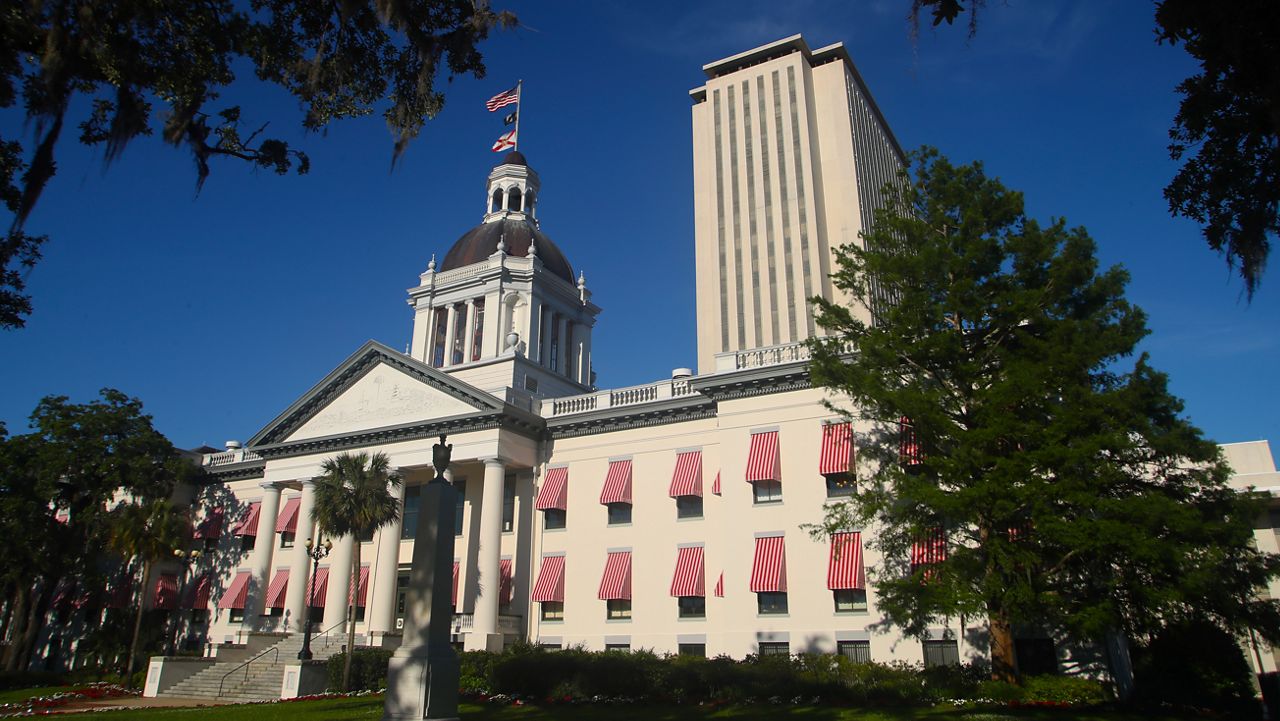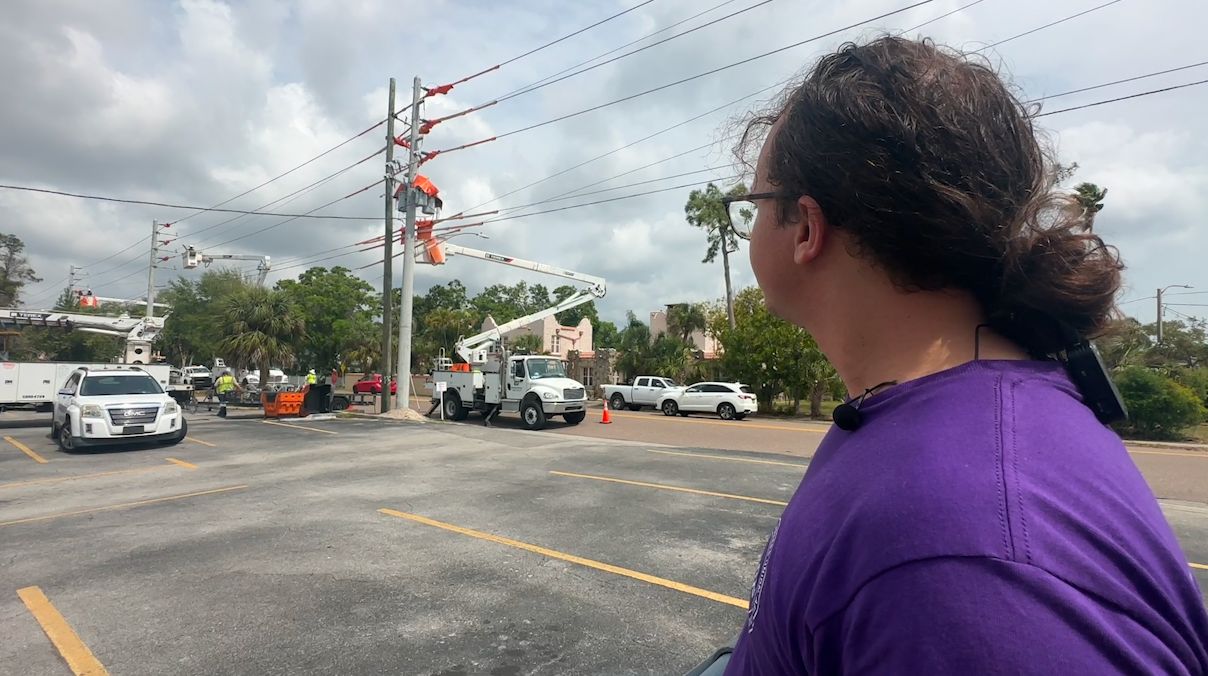Two different economic reports released last week reveals what has been an ongoing trend for years: Tampa ranks behind many of its peer cities nationally and in Florida when it comes to key economic measures such as job growth rate, local average wage, household income and education attainment.
What You Need To Know
- Reports looked at measures such as job rate, household income, education
- Tampa Mayor Jane Castor discussed the results at news conference
- City fared poorly in economic scorecard assembled by City Councilman Bill Carlson from U.S. Census numbers
“It’s time for us to seek a reversal of the trend, and these things do not fix themselves, or they don’t get fixed overnight,” Moez Limayem, the Lynn Pippenger USF Dean of the Muma College of Business, told Spectrum Bay News 9 today.
Limayem is the co-chair of Tampa’s Economic Advisory Committee that released its report on Tampa’s economic competitiveness last week, which included a slate of recommendations.
Mayor Jane Castor said at the press conference announcing the report that while the city is performing well in many of the key economic measurement areas, “in other areas we need to either work to reverse downward trends or continue to drive those incremental improvements.”
As part of the study, the city’s economic performance was compared to five other cities listed as comparable: Charlotte, Minneapolis, Nashville, Orlando and Seattle.
Tampa came out well when it comes to ‘business establishment start rate,’ export growth and housing prices. But it stumbled when it came to job growth rate, local average wage, household income and education attainment, where its 24% of college graduates ranked fifth out of the six cities in the study.
Tampa also fares poorly in the economic scorecard assembled by City Councilman Bill Carlson from U.S. Census numbers. In his study, Carlson compares Tampa to most of the biggest regions in the state: St. Petersburg, Orlando, Fort Lauderdale, Miami and Jacksonville as well as Atlanta, Austin and Charlotte.
“When you look at benchmark cities, like Austin, Charlotte and Atlanta, we’re not only not close, we’re not even in the same trajectory,” says Carlson. “They’re going like this and we’re going sideways.”
Perhaps most interestingly in his scorecard, St. Petersburg has now surpassed Tampa in per capita ranking. Another key data point is the income disparity between average male and female full-time workers, which at $9,154 is greater in Tampa than any other city listed in the study (in St. Petersburg it's $5,160).
“What it shows is that St. Petersburg has done a better job of cultivating entrepreneurs, and they’ve done a better job of addressing issues of poverty and building the middle class and we need to do the same in Tampa,” Carlson says.
The information shouldn’t be that surprising.
In January, the Tampa Bay Partnership and USF released their 2021 Regional Competitiveness Report, which revealed that in comparison to 19 other peer metro areas, Tampa ranked 19thin terms of educational attainment, 17thin the overall level of poverty, and dead last in labor force participation.
Carlson says that in Florida, economic growth is often measured by real estate, but in fact that’s just one industry.
“We need to grow our other industries and diversify our economy,” he says, adding that while the country enjoyed an economic boom over the past decade following the Great Recession, in Tampa “the middle class shrank most of the time, and the number of people in poverty increased. It’s really embarrassing.”
Limayem says it’s crucial for Tampa officials to have the raw data in front of them that companies and entrepreneurs contemplating moving to Tampa are aware of – and not get taken in on ‘vanity rankings’ that highlight features like “best beaches.”
“When you look at major companies, I call them the Amazons of the world, when they are looking for cities or areas to relocate to or to expand in, they don’t look for these vanity rankings,” Limayem says. “That’s why it’s our obligation as a community to be very honest about our challenges…understanding them, and then we can decide on how to move the needle on these indicators.”
In her press conference last week, Castor announced specific plans last week to address issues like the digital divide and racial poverty gap evident in the data.
Carlson is serving in his first term on the council representing South Tampa. He said economic development in the city was the number one issue when he ran for his District 4 South Tampa seat in 2019, and that focus continues to top his agenda.
His ‘Tampa Scorecard’ was produced by Alexander Frei, a former Tampa city council intern and USF economics student, as well as Carlson’s legislative aides. USF’s Limayem also consulted on his project.









